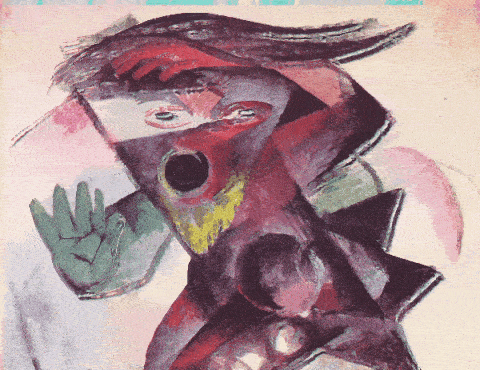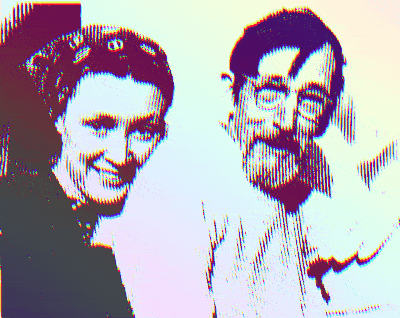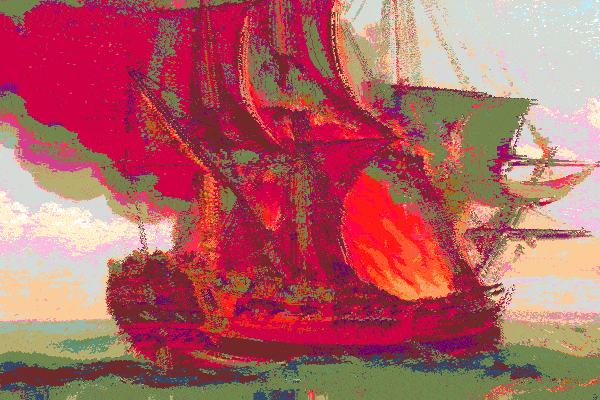Monologue imagines the tubist as a character in a play delivering a dramatic lament. (A lament for what? I leave it up to the tubist and the listener to decide.) As the character bewails, a new, mischievous idea occurs to them, but the idea is short-lived, and the character resumes their doleful soliloquy. The mischievous idea, however, won’t go away and the character struggles between the two, ultimately choosing the latter and breaking into a gleeful, berserk dance. Monologue was written for, and is dedicated to, tubist Alec Rich, a fearless and sensitive performer who has been my invaluable (and patient!) guide to writing for the tuba. It is with immense gratitude that I give this work to him.
Work Category Archives
4
Approach to Zion
Approach to Zion takes its inspiration from the works of painter Maynard Dixon (1875-1946) whose evocative and sublime portrayals of the American West—particularly his renditions of warm and soft light and shadow—have always reminded me of my home in Southern California (and have helped stem some homesickness whenever I am away). The work is divided into four continuous sections, each of which (1. Shiprock Mesa, 2. Desert Journey, 3. Wild Horses, 4. Approach to Zion) takes its title from one of Dixon’s painting. While none of the sections has a strict narrative, in each I have attempted to evoke the feeling of the paintings (and, for some of them, the feeling of being inside the landscapes depicted—of hiking the paintings’ golden hills, of sitting in the cool shadows, of the oppressive and majestic sun beating down). In a word, Approach to Zion is a daydream. Zion, then(in Dixon’s painting, Zion National Park in Utah), is for me, the moment of bliss at the heart of a daydream.
Approach to Zion is also, necessarily, inspired by the pianist for whom it was written, Amanda Lubin, and I have paid tribute to her in a number of musical ways. A solmization of her initials (AHL) form the opening chord of the work, and the three notes, individually, are important pitch centers throughout the piece. The Morse code of her first name (altered slightly) forms the basis for much of the rhythmic material. Most importantly, I made every compositional decision in order to showcase her playing style, which is sensitive and so finely wrought. Approach to Zion is dedicated, with love and admiration, to her.
A Burnt Ship
Text:
Out of a fired ship, which, by no way
But drowning, could be rescued from the flame,
Some men leaped forth, and ever as they came
Near the foe’s ships, did by their shot decay;
So all were lost, which in the ship were found,
They in the sea being burnt, they in the burnt ship drowned.
John Donne


